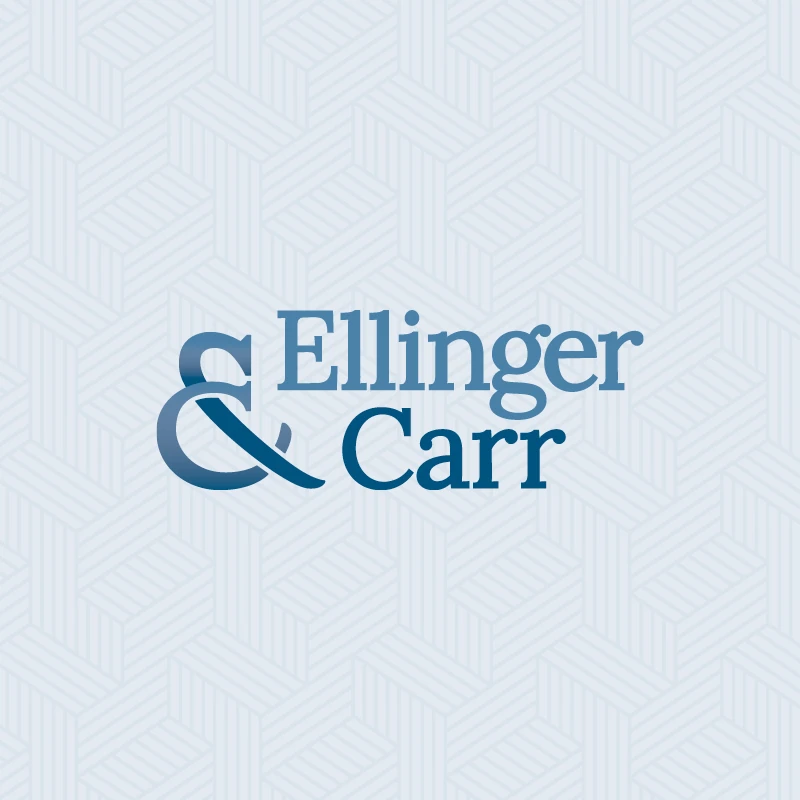
The South Carolina General Assembly enacted and the South Carolina Governor signed into law the Workforce and Senior Affordable Housing Act on May 14, 2020. This new law establishes a State affordable housing tax credit that will be available to help finance housing projects with restricted rents that do not exceed 30% of income, and providing for at least 40% of affordable apartments to be occupied by persons or families having incomes of 60% or less of area median income, and at least 20% of the units to be occupied by persons or families having incomes of 50% or less of area median income.
On Tuesday, June 2, 2020 the Raleigh City Council will discuss and vote on an $80 million Affordable Housing Bond, and a group of Raleigh faith communities, Congregations for Social Justice, is calling on the City Council and Raleigh citizens to support bond funding targeting the construction and rehabilitation of housing for Raleigh persons and families with incomes at or below 30% of area median income (AMI). The group notes that AMI in Raleigh for a household of four people is currently $94,100, and 30% of AMI is $28,230, which is considered by the U.S. Department of Housing and Urban Development to be “extremely low income.” A person earning $10 per hour for 40 hours per week earns $20,800 per year, which is 22% of AMI in Raleigh and Wake County.
Advocates of the affordable housing bond are recommending use of bond funds for support of low income housing tax credit gap financing for apartment units in the 30% or less AMI category. In recent years, Wake County has estimated a need for some 17,000 apartment units for households with 30% or less of AMI, and 5,000 units in the 30% to 50% AMI range. Other bond funds would be used for homeowner rehabilitation improvements and first time homebuyer downpayment assistance.
Ellinger Carr lawyers work with a number of clients, including nonprofit and for-profit affordable housing developers and with the cities of Raleigh and Greensboro on their community development and housing and neighborhoods initiatives to promote, preserve and sustain affordable housing in our hometown and across the Southeast, including North Carolina and South Carolina. We support and are happy to see these important needs being addressed to serve families and seniors who need safe, decent and affordable homes.


